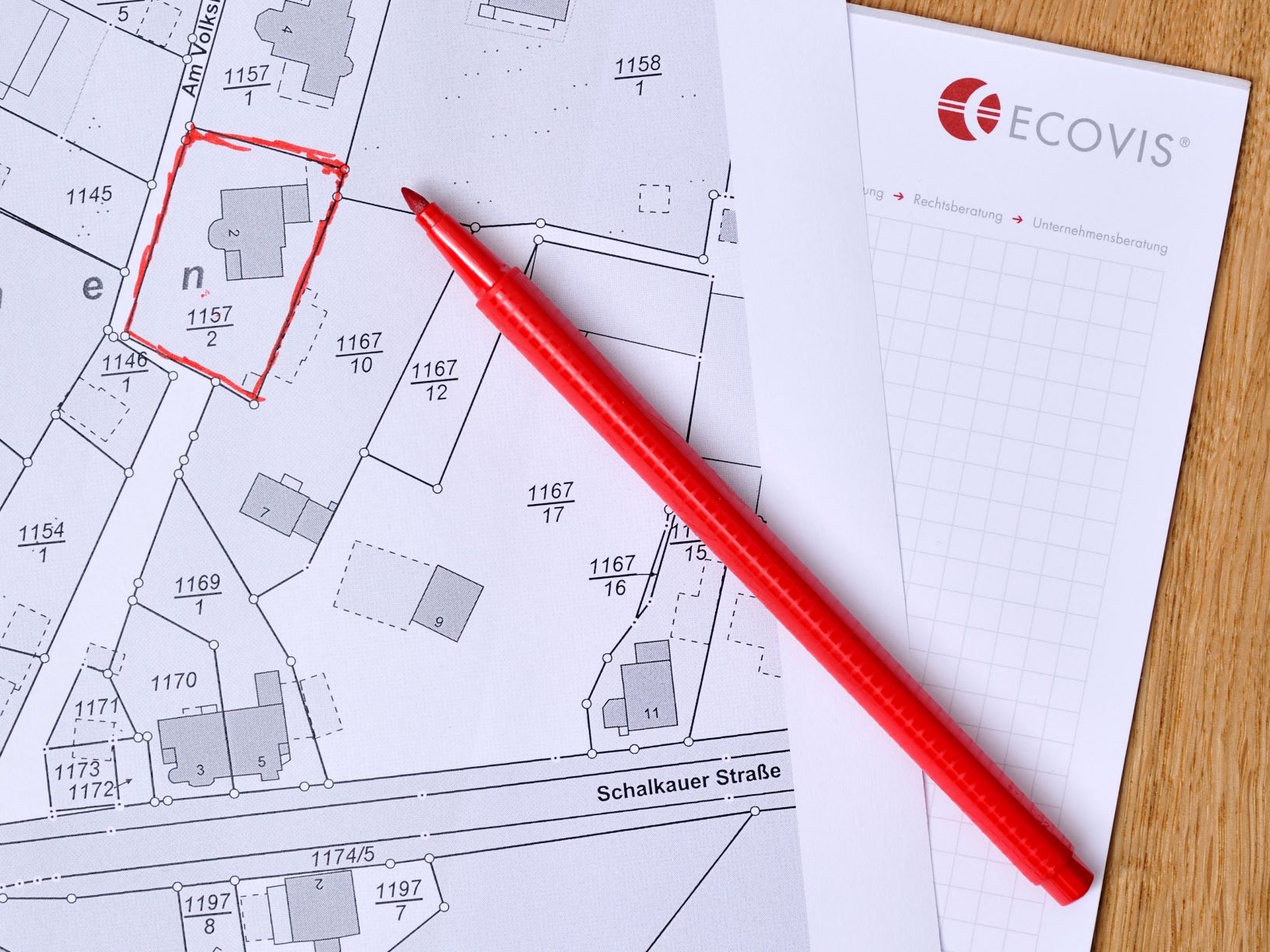Duties and Responsibilities of Statutory Board Members of Czech Limited Liability Company or Czech Joint-Stock Company
Duties of board members in Czech Republic
The fundamental rights and obligations of the Executive Director in a Czech limited liability company (“Executive Director”) or the board member of a Czech joint-stock company ("Board Member") and the related responsibilities under private law are regulated primarily by Czech Act No. 90/2012 Coll., the Business Corporations Act, as amended (the “Czech Business Corporations Act”) and by Czech Act No. 89/2012 Coll., the Civil Code, as amended (the “Czech Civil Code”). Certain additional issues related to the performance as an Executive Director are further governed by special laws, in particular, by Act No. 182/2006 Coll. (the “Czech Insolvency Act”) and Czech Act No. 140/1961 Coll., the Criminal Code, as amended (the “Czech Criminal Code”). Issues regarding human resources are further governed by Czech Act No. 262/2006 Coll., the Czech Labour Code as amended (the “Czech Labor Code”).
Please note that the Memorandum of Association of a limited ilability company or articles of association of Czech joint-stock company (the “Memorandum of Association”) can regulate the scope of powers, operation and duties of the Executive Director differently, or in a greater detail.
General mandatory duties of managing director or board member of a Czech company
In this tough time it is more than important to be careful about fulfillment of all mandatory duties as an executive director or board member of a Czech company.
In exercising the powers of statutory body, its members have to comply with the following basic obligations:
(i) obligation to act for the welfare of the Czech limited liability or Czech joint-stock company;
(ii) obligation to act with the due care of a prudent businessperson;
(iii) obligation to discharge of the obligations of the Executive Director position in person;
(iv) obligation to maintain confidentiality;
(v) ban on competitive conduct;
(vi) ban on unfair competition;
(vii) ban on insider trading (conflict of interests).
The general obligation of the Executive Directors is to act for the welfare of the Company rather than for the benefit of anyone else (e.g. the sole shareholder).
The obligation to act for the welfare of the Company includes the obligation to follow the principles and instructions approved by the General Meeting (or the sole shareholder). Such principles and instructions have to be in compliance with the applicable law and the Memorandum of Association. Principles are of a general nature and serve as guidelines for the Executive Directors. Instructions relate to specific acts and cases. This, however, does not affect the general ban to give specific instructions regarding the business management of the Company. A violation of these principles and instructions by the statutory body would have no effect towards third parties, but may constitute liability for the damage sustained by the Company.
If an instruction by the General Meeting (or the sole shareholder) is in conflict with the law and the statutory body nonetheless followed such instruction, its members would be liable towards the Company for damages caused thereby.
The Executive Director may also request instructions from the General Meeting of the Company regarding the business decisions; however, such conduct does not affect his or her obligation to act with due care while implementing such instruction, as was mentioned in the previous paragraphs.
In this respect, it is necessary to distinguish between instructions of the General Meeting (the sole shareholder) which are in conflict with the law (these the statutory body must not follow), and merely inappropriate instructions (these the statutory body is obliged to follow; however, at the same time, it is obliged to notify the General Meeting (the sole shareholder) of the inappropriateness of a particular instruction).
The Executive Directors are obliged to perform their duties with the necessary loyalty, with the necessary knowledge and due diligence. According to the Section 51 et seq. of the Czech Business Corporation Act, the necessary knowledge and due diligence is where, in business-related decisions, the person could in good faith and reasonably assume to be acting on an informed basis and in justifiable interest of the Company.
Due managerial care of managing director or board member of a Czech company
The term “due care” or "due managerial care" remains undefined by Czech legal regulations, so that its meaning has been established progressively in court decisions and legal theory, as follows: due care means the proper and cautious performance of all obligations, taking into account the special needs and interests of the Company and taking into account all available information as is essential for the Executive Director’s decision or action.
That said, Executive Directors/Board Members are not expected to perform their duties with “expert care”, i.e. with the kind of care that would require professional experience, in all fields of their activities. For instance, regarding a book-keeping, the Executive Director does not have to be an experienced auditor or tax adviser; however, he/she must be able to ensure proper keeping of the Company’s books (by procuring such professional expertise). An Executive Director/Board Member must be a specialist in the field of corporate management and should always be able to recognize when the assistance or advice of a professional expert is necessary, and make consultations accordingly.
In this context, it should be emphasized that if it is in dispute whether the Executive Director/Board Member acted with due care or not, it is always the Executive Director/Board Member in question who must prove that he/she acted in this manner. In other words, the burden of proof in this respect rests upon such Executive Director/Board Member.
You can also find more information about the latest Czech judicature concerning the due managerial care in Czech Republic in our article The requirement of the due manager’s care in Czech Republic.
For more information, contact us at:
JUDr. Mojmír Ježek, Ph.D.
ECOVIS ježek, advokátní kancelář s.r.o.
Betlémské nám. 6
110 00 Praha 1
e-mail: mojmir.jezek@ecovislegal.cz
www.ecovislegal.cz
About ECOVIS ježek advokátní kancelář s.r.o.
The Czech law office in Prague ECOVIS ježek practices mainly in the area of Czech commercial law, Czech real estate law, representation at Czech courts, administrative bodies and arbitration courts, as well as Czech finance and banking law, and provides full-fledged advice in all areas, making it a suitable alternative for clients of international law offices. The international dimension of the Czech legal services provided is ensured through past experience and through co-operation with leading legal offices in most European countries, the US, and other jurisdictions. The Czech lawyers of the ECOVIS ježek team have many years of experience from leading international law offices and tax companies, in providing legal advice to multinational corporations, large Czech companies, but also to medium-sized companies and individual clients. For more information, go to www.ecovislegal.cz/en.
The information contained on this website is a legal advertisement. Do not consider anything on this website as legal advice and nothing on this website is an advocate-client relationship. Before discussing anything about what you read on these pages, arrange a legal consultation with us. Past results are not a guarantee of future results, and previous results do not indicate or predict future results. Each case is different and must be judged according to its own circumstances.














